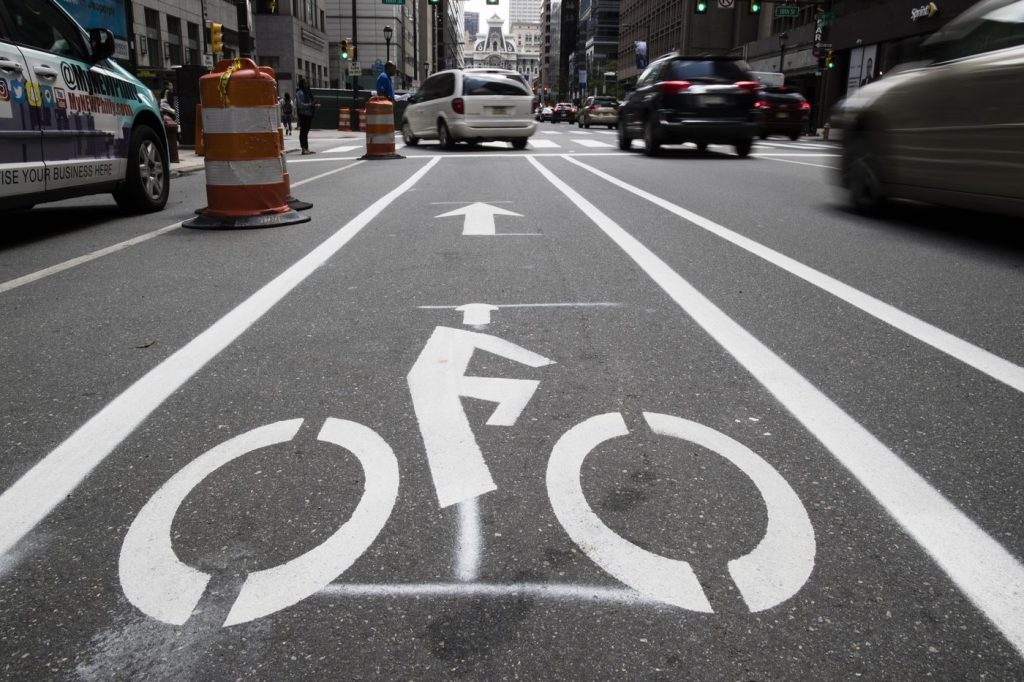In Washington, D.C., hundreds of bicycle advocates gathered for an annual summit this month, only to receive urgent news during breakfast that President Donald Trump’s transportation department had halted federal grant funding for bike lanes. This development occurred as the current administration shifts focus away from green energy initiatives that were previously championed by former President Joe Biden, which included expansion of transit systems, recreational trails, and bicycle infrastructure.
In response to these changes, states such as California, Illinois, Maryland, Michigan, Minnesota, New York, and Pennsylvania have united to form the Clean Rides Network, a national organizing effort aimed at promoting environmentally friendly transportation projects that they believe the federal government has neglected. Justin Balik, senior state program director for the environmental advocacy group Evergreen Action, emphasized the urgency of necessary changes, suggesting that state departments of transportation represent the next frontier for climate advocacy.
Colorado, although not one of the seven original members of the Clean Rides Network, set a significant precedent through a 2021 policy under Governor Jared Polis aimed at drastically reducing greenhouse gas emissions. This policy requires the state's transportation department to pursue offset projects whenever funds are allocated to large-scale projects that are likely to increase vehicle traffic, such as new highways. Consequently, two major highway expansion projects were canceled, allowing Colorado to redirect those funds towards expanding intercity bus services that have gained popularity among urban residents and tourists.
The vision put forth by Polis aligns with the multimodal transportation goals of the $1.1 trillion bipartisan infrastructure law signed by Biden in 2021. In the final months of his administration, Denver secured a $150 million federal grant intended for a rapid transit bus line along one of its busiest corridors. However, there are growing concerns voiced by transportation policy managers like Matt Frommer about the necessity for states to independently advance such projects, especially if federal support becomes limited.
Minnesota has also mirrored Colorado’s approach by implementing a rule aimed at offsetting greenhouse emissions. Other members of the Clean Rides Network, such as Maryland, have recently passed similar legislation, with Senate sponsor Shelly Hettleman expressing cautious optimism about its final passage. Hettleman has highlighted the economic benefits of these measures, citing a Colorado study projecting up to $40 billion in savings due to enhanced air quality, road safety, and reduced traffic congestion.
While lawmakers in states like Illinois and Massachusetts have progressed with similar proposals, they face resistance from business leaders and advocates for road construction. Mike Sturino, president of the Illinois Road and Transportation Builders Association, criticized such legislation as detrimental to infrastructure improvements and a hindrance to addressing unsafe road conditions.
Interestingly, even though many proponents of alternative transportation policies are Democrats, the Clean Rides Network has attracted interest from more conservative states as well. Economic concerns among residents regarding rising transportation costs have become a significant issue, with transportation expenses often ranking just below housing costs in terms of financial burden. For instance, Miguel Moravec of the climate think tank RMI pointed out that driving costs have surged, prompting re-evaluations of transportation policies across states.
States like Virginia have adopted evaluation scales for transportation projects based on criteria such as safety, congestion relief, and environmental impacts. Meanwhile, Utah is pursuing an ambitious transit plan to accommodate its rapid growth, and Montana has undertaken land use reforms aimed at enhancing walkability in cities. Muhammed Patel, a senior transportation advocate for the Natural Resources Defense Council, remarked on the inherent flexibility that states possess over their transportation systems, allowing them to adjust and rethink their policy priorities.










